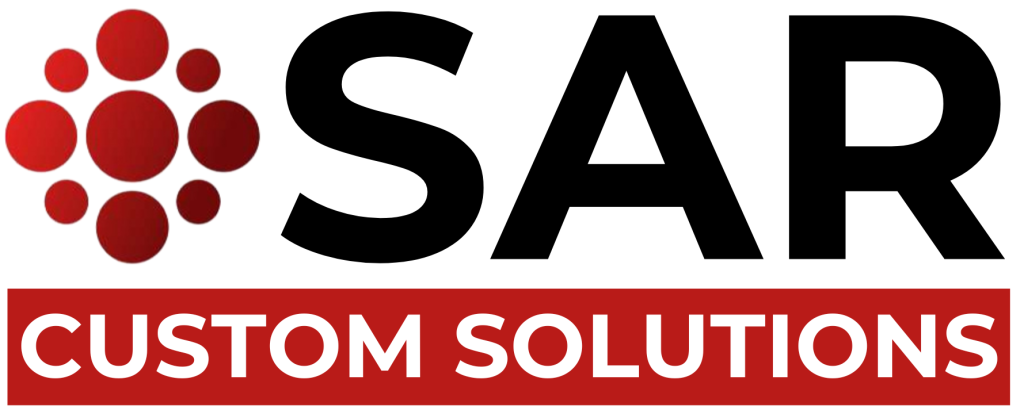
Project manager working on laptop and updating tasks and milestones progress planning with Gantt chart scheduling interface for company on virtual screen. Business Project Management System
Introduction:
Remote work has become an integral part of the modern business landscape, driven by technological advancements and the necessity of adapting to changing global conditions. One of the key enablers of successful remote work is the use of project management tools. These tools are essential for maintaining productivity, ensuring collaboration, and managing tasks effectively across geographically dispersed teams.
Enhancing Communication and Collaboration
Centralized Communication: Project management tools offer centralized platforms where team members can communicate, share updates, and collaborate on tasks. This eliminates the need for lengthy email threads and scattered messages across different platforms.
- Example: Tools like Slack and Microsoft Teams integrate with project management software to provide seamless communication channels.
Real-Time Collaboration: Features such as real-time editing, comment threads, and file sharing enable team members to work together on documents, presentations, and other files without the delays associated with asynchronous communication.
- Example: Google Workspace and Microsoft Office 365 allow multiple users to work on documents simultaneously.
Task Management and Accountability
Task Assignment and Tracking: Project management tools allow managers to assign tasks to team members, set deadlines, and track progress. This ensures that everyone knows their responsibilities and can stay on track with their work.
- Example: Asana, Trello, and Monday.com provide visual task boards and timelines to help teams manage their workload.
Automated Reminders and Notifications: Automated reminders and notifications keep team members informed about upcoming deadlines, pending tasks, and project milestones, reducing the chances of missed deadlines and overlooked tasks.
- Example: Tools like ClickUp and Wrike send automated reminders to ensure tasks are completed on time.
Enhancing Productivity and Efficiency
Streamlined Workflows: Project management tools help streamline workflows by integrating various functions such as task management, time tracking, and resource allocation. This reduces the time spent on administrative tasks and allows team members to focus on their core responsibilities.
- Example: Jira is popular in software development for managing agile workflows and tracking progress.
Time Tracking and Reporting: Time tracking features enable team members to log their work hours, providing managers with insights into how time is being spent on different tasks. This information can be used to optimize resource allocation and improve productivity.
- Example: Harvest and Toggl provide time tracking and reporting features to monitor productivity.
Facilitating Remote Team Management
Visibility and Transparency: Project management tools provide managers with visibility into the progress of tasks and projects, allowing them to identify bottlenecks and address issues promptly. This transparency fosters trust and accountability within the team.
- Example: Basecamp offers an overview of project statuses and team activities, promoting transparency.
Resource Management: Effective resource management is crucial for remote teams. Project management tools help allocate resources efficiently, ensuring that team members are not overburdened and that projects are staffed appropriately.
- Example: Smartsheet and TeamGantt offer resource management features to balance workloads and manage team capacity.
Supporting Flexibility and Adaptability
Remote Accessibility: Cloud-based project management tools can be accessed from anywhere with an internet connection, allowing team members to work from different locations and time zones without hindrance.
- Example: Tools like Trello and Asana are cloud-based, providing access to project data from any device.
Adaptability to Change: Remote work environments often require teams to adapt quickly to changing circumstances. Project management tools provide the flexibility to adjust plans, reassign tasks, and update timelines as needed.
- Example: Airtable offers customizable views and adaptable project structures to accommodate changing project needs.
Overall Project management tools are indispensable for remote work, offering solutions to the challenges of communication, task management, productivity, team management, and adaptability. By leveraging these tools, organizations can ensure that their remote teams remain connected, productive, and capable of delivering high-quality work despite physical distances.
